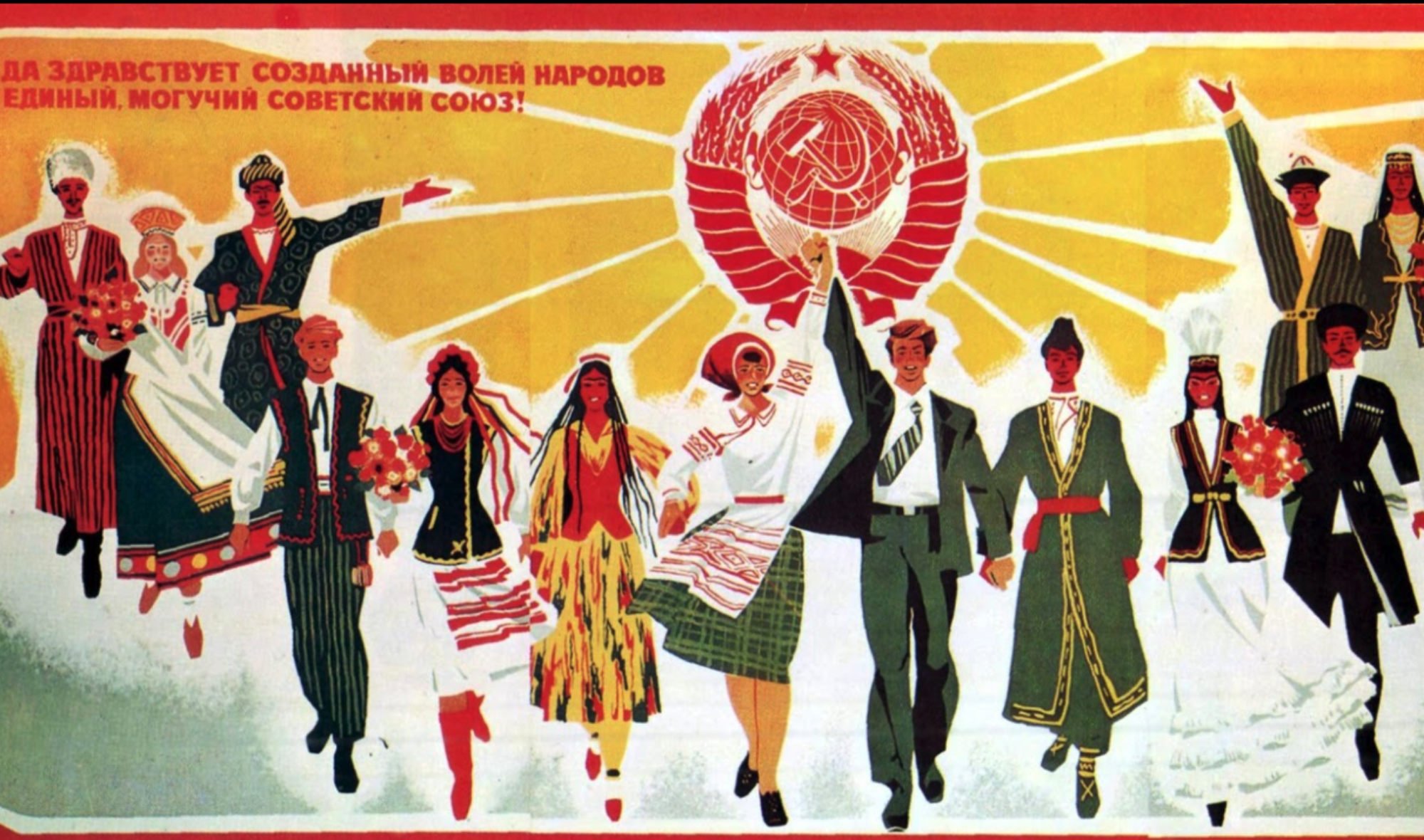The case of the composer Hajibeyov from Azerbaidzhan is an interesting one, simply because of the fact that outside of his home country, where he is so deeply recognized, his name is all but unknown. Unspoken of in most books, lectures, and conferences about music, which are mostly produced in the Western world, this composer goes unrecognized for the additions he made to music throughout his lifetime. The author gives a number of reasons for this:
- His death took place during the cooldown of Western interest in Soviet Music, which was right after World War Two
- He was considered a one-hit-wonder due to the fact that his most popular music near his death was war marches and cantatas
An important mention in this paper, though, is that Hajibeyov personified the failure of Soviet music policy when it came to national identity and culture. Is this assertion valid? What kind of evidence supports or refutes this statement? And, what does this have to do with the things we’ve learned about Soviet nationalist policy in previous classes?

